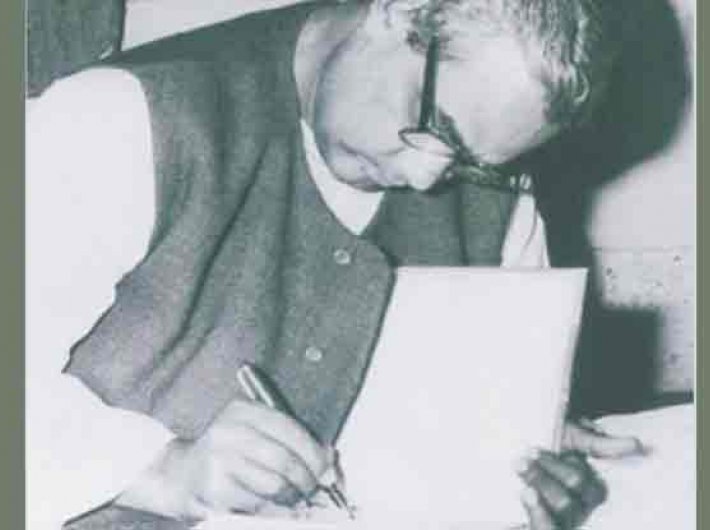'Liberal leader as PM candidate': Wasn't Atal a product of a strong party organisation?
“Nostalgia is inevitably a yearning for a past that never existed.”
?John Green, American novelist
Leaders of the Bharatiya Janata Party (BJP) have developed an uncanny habit of turning nostalgic on the slightest pretext these days. Look at their yearning for Atal Bihari Vajpayee, the greatest political mascot party has discovered so far. “We need a leader like Vajpayee,” they say in chorus. This curiously coincides with Bihar chief minister Nitish Kumar’s call to the BJP to project an inclusive and secular face devoid of “rough edges” as the PM candidate of the NDA.
But was Vajpayee so adored as it is made out to be? Life may be the sum total of memories, but politics consists of short and selective memory. It is certainly not in a distant past that the RSS gave Vajpayee a short shrift over LK Advani while choosing the leader of opposition in the Lok Sabha in 1991. If you have any doubt, ask KN Govindacharya and he would narrate you the sequence of events that led to Vajpayee’s ouster and Advani’s installation to the post.
Similarly, Advani’s rath yatra was not in sync with Vajpayee’s thinking. This was the precise reason that Vajpayee never rode the rath though he endorsed the yatra in his own way as a disciplined soldier of the party. In the wake of the Babri mosque demolition, Vajpayee found himself at the receiving end when some senior party leaders asked him to resign for expressing his anguish over the Ayodhya episode. However, the BJP emerged stronger subsequently, rallied itself with other anti-Congress forces and catapulted Vajpayee to the centrestage.
No doubt, given Vajpayee’s inimitable oratorical skills and amiability, he emerged as an all-inclusive personality which proved to be a great political asset for the BJP. But it would be wrong to assess that Vajpayee reached where he did simply because of these traits. He was backed by a solid organisation with a party leadership that was vibrant and alive to the country’s political situation. This was why all secular allies of the BJP in NDA maintained a stoic silence on the Gujarat riots till 2004 when the coalition lost the elections.
The sudden discovery of so many virtues in Vajpayee is quite akin to yearning for a past that never existed. In fact, it exposes the vulnerability and drift of the current BJP leadership which has been refusing let go the past and plan for the future. Nitish Kumar’s utterances on the question of leadership in the BJP must be seen in this context. In an exclusive interview to the Economic Times, Kumar made it clear that should Modi be catapulted to the centrestage, he would part ways with the BJP.
Obviously, this is a difficult proposition for the BJP leadership. But what appears to be intriguing is the fact that the party leadership is still indecisive about its own future course. With the RSS still setting the agenda for the BJP, the political leadership appears to be totally at drift and divided, with each leader nursing his or her own vaulting ambitions. There is hardly any doubt that Nitish Kumar’s remarks are music to the ears of many senior BJP leaders who are keen to run down the Gujarat strongman. Such leaders are clinging to nostalgia of Vajpayee by extolling his virtues, now imagined in mythical proportions. But they tend to forget the fact that Vajpayee was essentially a by-product of a strong BJP and not the other way round.

